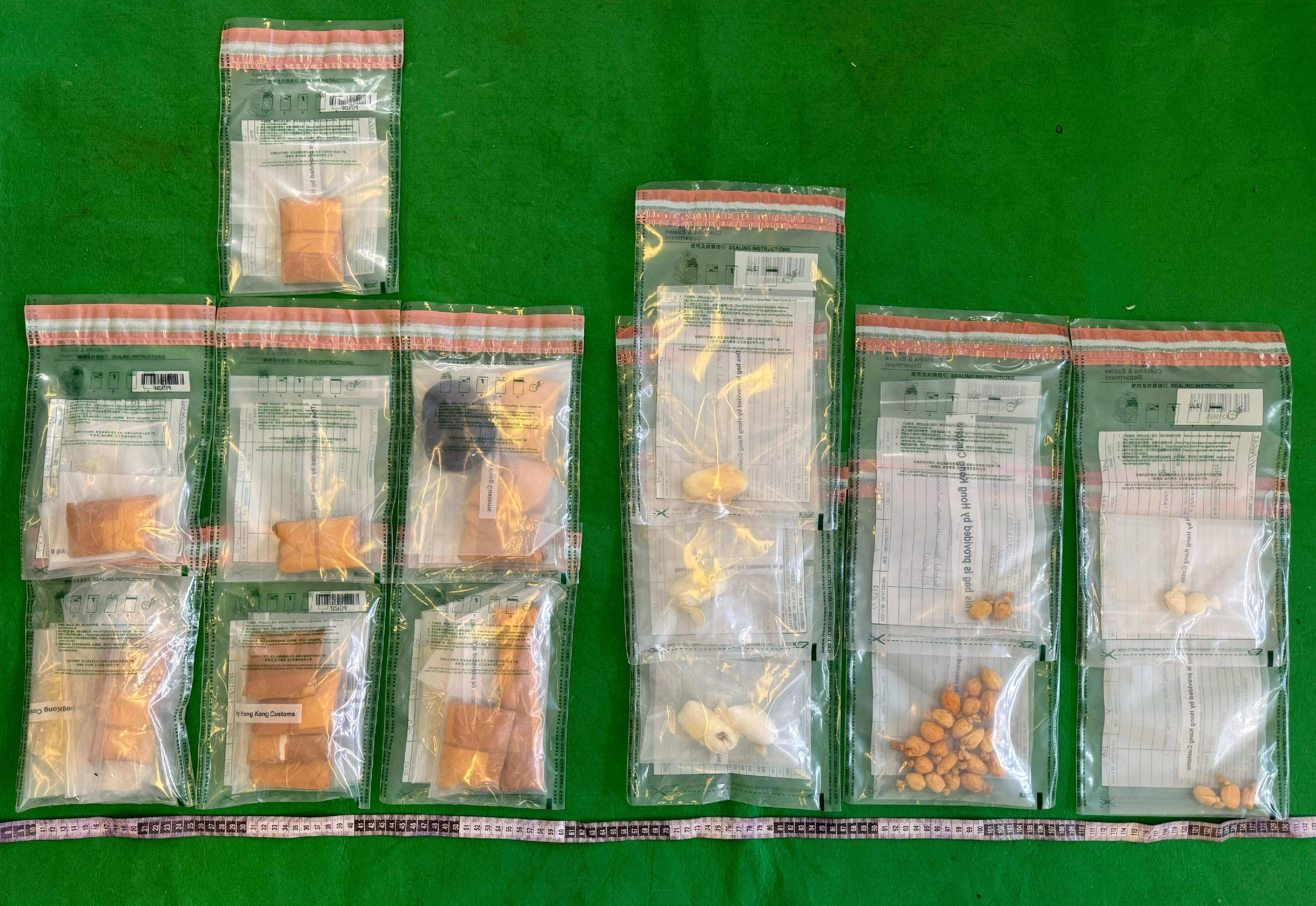Import of poultry meat and products from Saitama Prefecture in Japan suspended
The Centre for Food Safety (CFS) of the Food and Environmental Hygiene Department announced today (November 30) that in view of a notification from the Ministry of Agriculture, Forestry and Fisheries of Japan about an outbreak of highly pathogenic H5 avian influenza in Saitama Prefecture in Japan, the CFS has instructed the trade to suspend the import of poultry meat and products (including poultry eggs) from the area with immediate effect to protect public health in Hong Kong.
A CFS spokesman said that according to the Census and Statistics Department, Hong Kong imported about 1 080 tonnes of frozen poultry meat and about 200.84 million poultry eggs from Japan in the first nine months of this year.
"The CFS has contacted the Japanese authority over the issue and will closely monitor information issued by the World Organisation for Animal Health and the relevant authorities on the avian influenza outbreak. Appropriate action will be taken in response to the development of the situation," the spokesman said.
